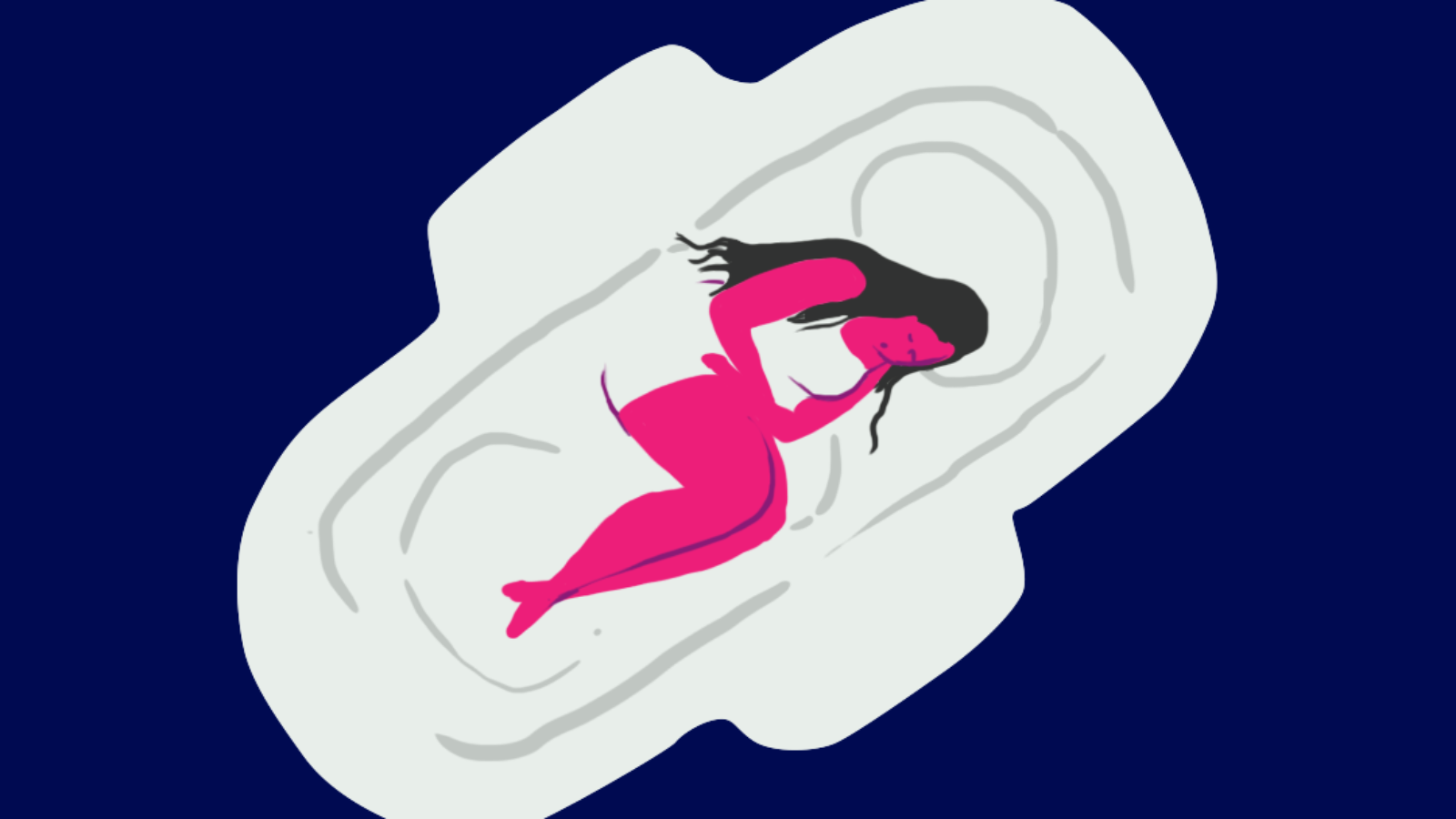Stakeholders seek increased access to menstrual hygiene for women, girls
Stakeholders have called on the federal government to increase efforts towards addressing challenges that hamper menstrual health and hygiene practices for women and girls in the country. They stated this in Abuja during the ‘Pad a Girl a Month initiative’ programme organised by the Adinya Arise Foundation in collaboration with the International Society of Media […]

menstrual health and hygiene management (MHHM)
Stakeholders have called on the federal government to increase efforts towards addressing challenges that hamper menstrual health and hygiene practices for women and girls in the country.
They stated this in Abuja during the ‘Pad a Girl a Month initiative’ programme organised by the Adinya Arise Foundation in collaboration with the International Society of Media in Public Health (ISMPH) to mark this year’s Menstrual Hygiene Day.
The stakeholders say women face stigma, lack access to menstrual products and clean water and toilets, among others across the country.
The founder of Adinya Arise Foundation, Mabel Ade, called on the federal government to make sanitary pads readily available for women and girls. She said ensuring menstrual hygiene is an issue that should be taken seriously by both the public and private sectors, and also requires increased investment of resources.
- We can accomplish more when we shelve partisan politics — Tinubu
- Strike stalls hearing of Kano emirate tussle
The Executive Director of ISMPH, Moji Makanjuola, called for the local manufacture of sanitary towels in the country.
While calling on the Federal Ministry of Women Affairs to lead the conversation, she said doing so would make sanitary towels more affordable and accessible for women and girls.
She enjoined girls not to see periods as something to be ashamed of.
She also called for increased access to sanitary towels for women and girls in internally displaced persons camps.
Makanjuola said there was also a need to examine how sanitary towels are disposed in the environment, noting that it will help remove the stigma associated with having periods.
The Director, Child Development Department, Federal Ministry of Women Affairs, Ali-Andrew Madugu, said there is a need to include men in sensitisation on menstrual hygiene, so that husbands, brothers and other men will have a better understanding of menstruation and render assistance to female counterparts in that situation.
He urged public and private establishments and homes to try to have a pad bank available and accessible to mitigate the problems that come with it.
“Some girls stay out of school because of lack of facilities and water when menstruating. We should try to have a pad bank available for them too,” she urged.
The keynote speaker, Dr Sunday Alonge, a sociologist and socio-economic researcher, said about 37 million girls and women worldwide experience period poverty.
He said menstrual hygiene is related to the Sustainable Development Goals (SDGs), adding that attaining SDG 4 is hinged on menstrual hygiene, as well as SDG 5 on achieving gender equality and empowering women and girls.
Dr Alonge said many cultures and customs restrict menstruating women and girls, thereby limiting their political and economic inclusion.
He said, “Ensuring that all women and girls can achieve their menstruation without stigma and discrimination is fundamental to bridging gender equality. It is good for women to have access to the right information and products to ensure menstrual hygiene.”
He further said promoting menstrual health is key to continued schooling for girls.
